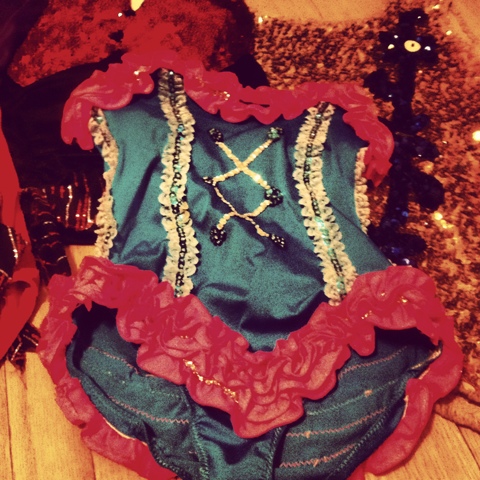I have been horribly delinquent recently in my personal mantra to write about everything I see. I don't really have an explanation for it, to be honest. I am seeing work. I don't hate what I'm seeing. But I also have not been particularly taken by it. It all feels frustratingly SAFE, which for me, is the death of true creativity. Granted, I get that not all audiences are willing to watch Lars Eidinger roll around in wet mud and spew Goethe translated Shakespeare at them. I totally get that. But at the same time, I think we sometimes sell our audiences short in our expectations of what will sell, which then perpetuates their own feeling of safety in their choice. It is a huge self-perpetuating problem.
Obviously, I'm one person, and one with limited time. And who maybe sometimes likes to get paid, which I recognize means might mean some accommodations. But that said, I also sometimes want to say "screw it" and just make all the work I want to make, as self indulgent as that may be, and if we have an audience of 10 people, so be it.
I am generally against resolutions, but I'm going to state one now: I resolve to see the work that might be challenging. It is far too easy in our busy schedules to not make it, but tired or not, busy or not, I'm going to make it.
ATTEND theatre. And I'm going to get re-motivated to write about it.
